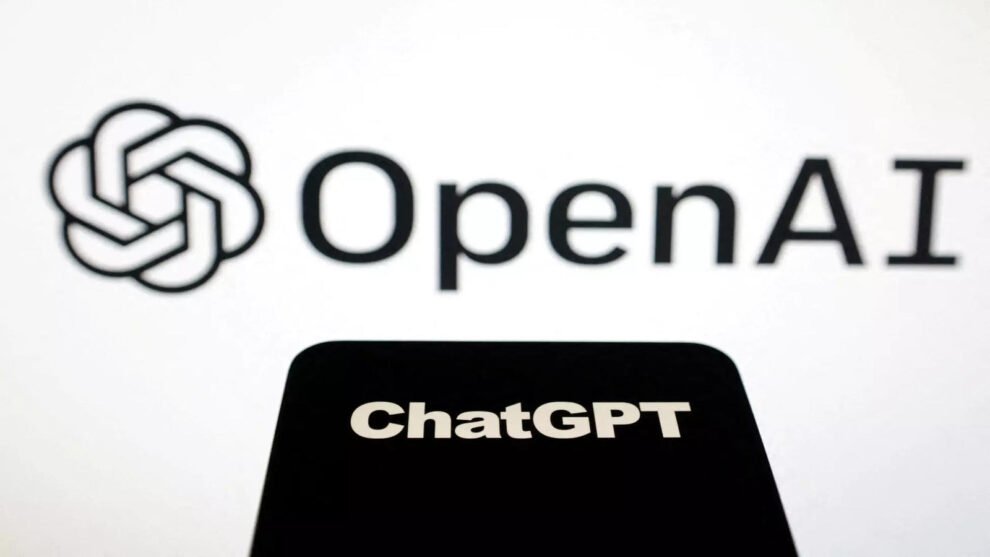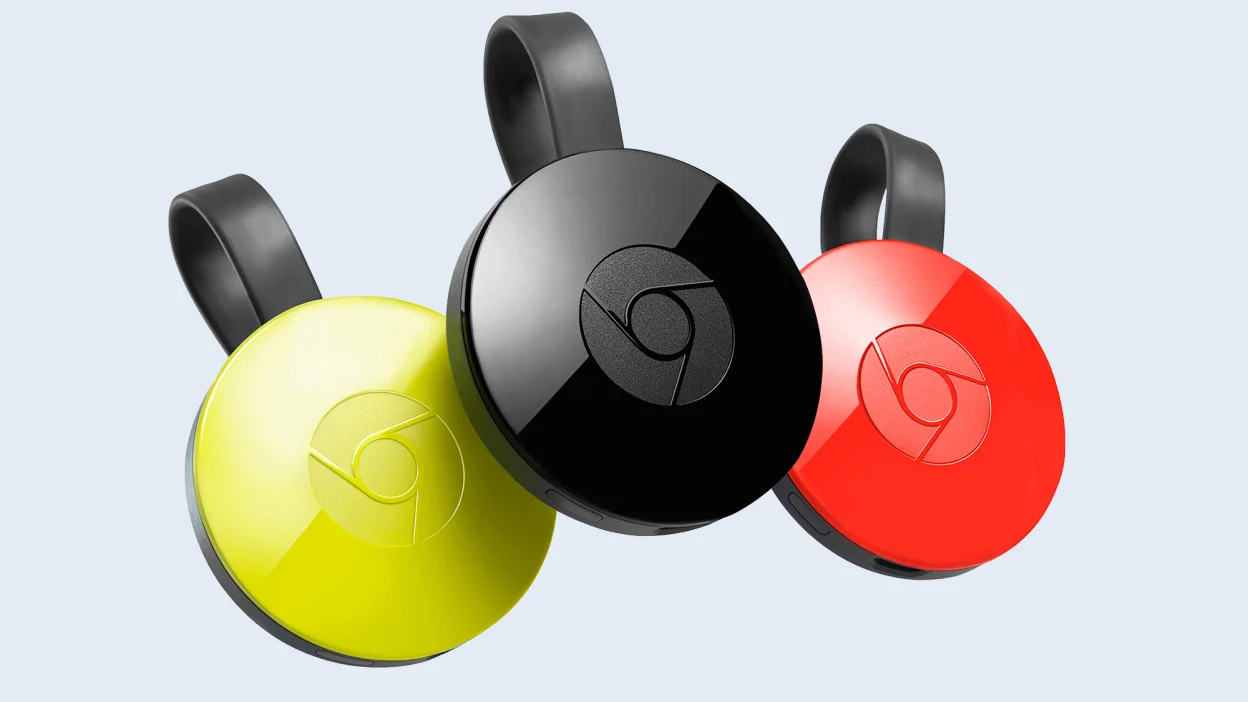In a move that has ignited both excitement and curiosity, OpenAI has reintroduced its advanced audio chat feature to ChatGPT, months after a pause that left users yearning for voice interaction. This development marks a significant step in enhancing the conversational capabilities of the AI chatbot, offering a more natural and accessible means of communication for a wider audience.
The feature, now available to ChatGPT Plus subscribers, allows users to engage in real-time voice conversations with the AI. By simply tapping the microphone icon, users can speak their prompts and receive spoken responses, making interactions more dynamic and fluid. While initial impressions have been largely positive, some users have reported minor glitches and inconsistencies in performance, suggesting that there’s still room for refinement.
OpenAI’s decision to revive audio chats underscores its commitment to pushing the boundaries of AI-powered communication. However, the move also raises questions about the potential implications for privacy, accessibility, and the future of human-AI interaction. As ChatGPT’s capabilities continue to expand, striking the right balance between innovation and responsible development will be crucial.
The Buzz Around ChatGPT’s Audio Revival
The return of audio chats has sparked a flurry of discussions across online platforms. Reddit threads are abuzz with users sharing their experiences and opinions. Some are praising the improved voice recognition and natural language processing, while others are highlighting the potential for the feature to benefit those with visual impairments or reading difficulties.
However, concerns have also been raised about the potential misuse of audio chats for impersonation or spreading misinformation. The possibility of the AI generating inappropriate or harmful responses has also been a point of contention. These concerns underscore the need for ongoing research and development to ensure that ChatGPT’s audio capabilities are used responsibly and ethically.
The reintroduction of audio chats is just the beginning. As AI technology continues to advance, we can expect even more sophisticated and seamless voice interactions with ChatGPT. The possibilities are vast, from personalized language tutoring to AI-powered therapy sessions.
However, it’s crucial that the development of these features is accompanied by thoughtful consideration of their societal impact. OpenAI and other AI developers must work closely with policymakers and ethicists to ensure that AI is used to benefit humanity, not harm it.



















Add Comment